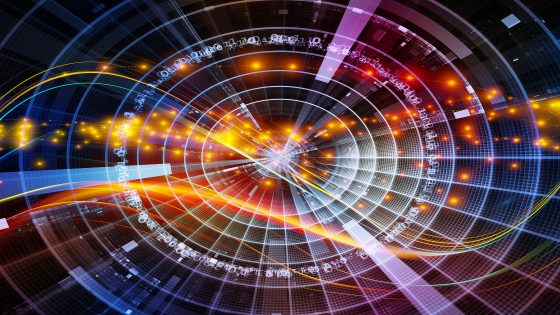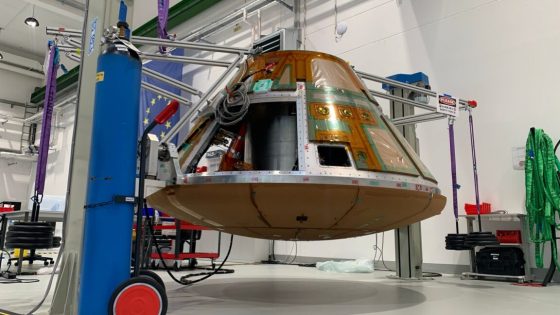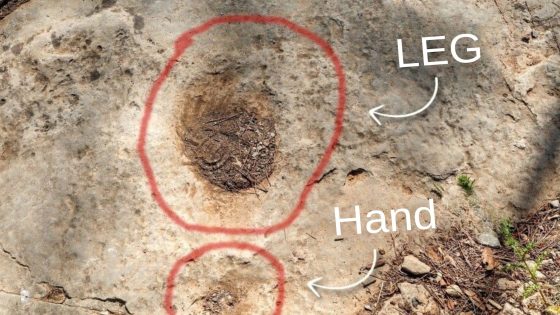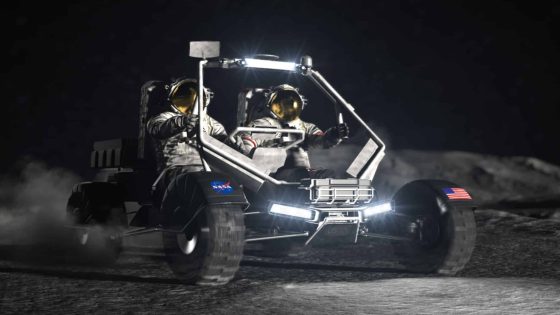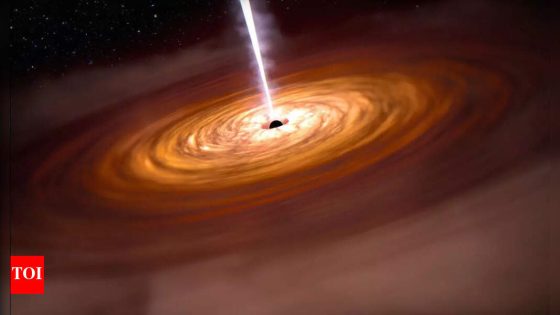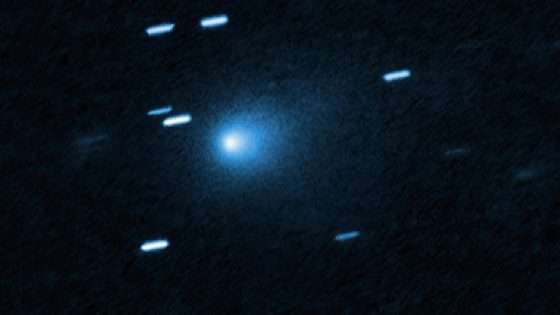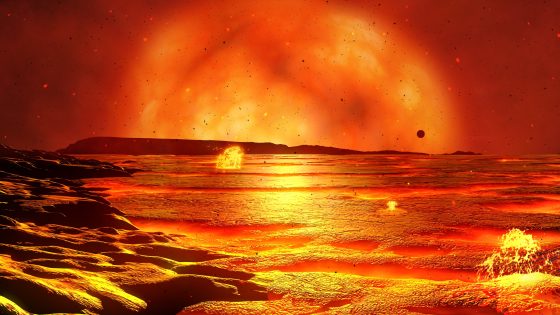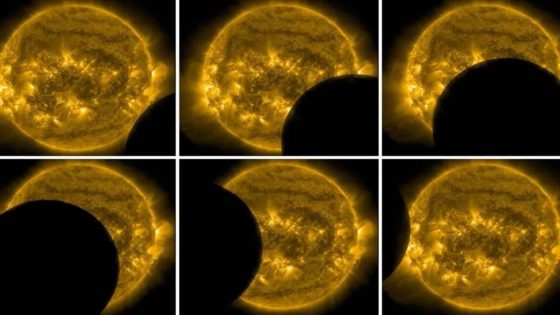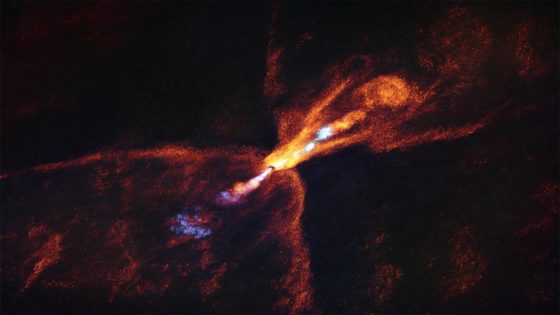For over a century, physicists have grappled with two distinct frameworks: quantum mechanics and Einstein’s general relativity. While quantum mechanics adeptly explains atomic behavior, general relativity accounts for cosmic phenomena. Yet, as of 2025-07-23 19:40:00, these two theories remain incompatible in a unified equation.
- Quantum mechanics and relativity are separate frameworks.
- Proposed experiment uses atomic clocks on mountains.
- Entangled clocks will test quantum-gravity interplay.
- Quantum superpositions enhance measurement precision.
- Results could refine theories of quantum gravity.
- Technology advancements support future quantum internet.
A recent proposal suggests a groundbreaking experiment using ultrafine atomic clocks to bridge this gap. By positioning these clocks along a mountain slope, scientists aim to observe quantum superpositions interacting with Earth’s curved space-time, potentially revealing whether quantum mechanics and relativity can coexist.
This innovative approach raises intriguing questions about the nature of time and gravity. How do these two theories influence each other? The experiment could provide insights into the interplay between quantum mechanics and gravity, a long-standing puzzle in physics.
- Atomic clocks can measure time with unprecedented precision.
- Quantum superposition allows clocks to operate in multiple states simultaneously.
- Entanglement enables real-time data sharing between clocks.
- Results could redefine our understanding of gravity’s effect on quantum systems.
As we look ahead, this research not only aims to resolve age-old questions but may also enhance technologies like the quantum internet, marking a new era in scientific exploration.



